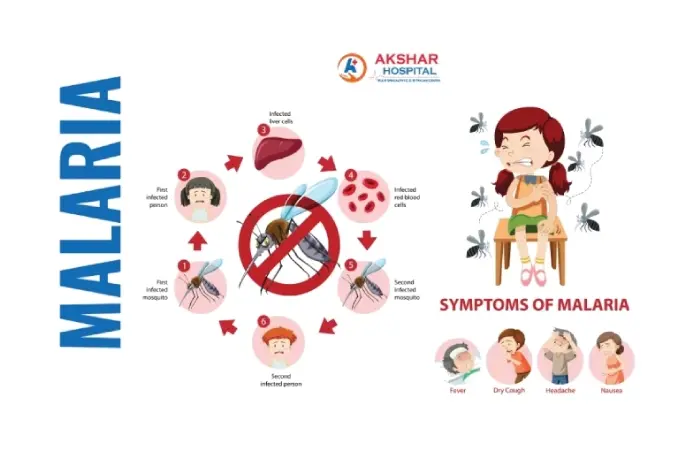
Malaria Management in Specific Causes
Managing malaria effectively involves tailoring treatment and prevention strategies to specific cases and circumstances. Here, we discuss how to manage malaria in different situations:
Managing Malaria in Pregnant Women
Malaria during pregnancy can be particularly dangerous, as it can lead to adverse outcomes for both the mother and the unborn child.
Pregnant women in malaria-endemic areas are often given preventive antimalarial medication such as sulfadoxine-pyrimethamine.
Prompt diagnosis and treatment of malaria in pregnant women are critical to prevent complications like anemia, low birth weight, and preterm birth.
Malaria in Children
Children are vulnerable to severe malaria, and it can progress rapidly.
Parents and caregivers should be vigilant for symptoms and seek immediate medical attention if a child shows signs of malaria, such as fever, vomiting, or confusion.
Accurate dosing of antimalarial medications is essential based on the child's weight.
Travelers to Malaria-Endemic Areas
Travelers to regions with a high risk of malaria should take preventive measures.
Consult a healthcare provider before the trip to receive appropriate antimalarial medications.
Follow the prescribed prophylaxis regimen and take precautions to avoid mosquito bites.
Managing Severe Malaria
Severe malaria, often caused by Plasmodium falciparum, is a medical emergency.
Hospitalization is required for close monitoring and intravenous (IV) treatment with medications like artesunate.
Intensive care may be necessary for organ failure or complications like cerebral malaria.
Managing Malaria in Non-Endemic Regions
In areas where malaria is not endemic, healthcare providers may not have experience with the disease.
Prompt recognition and diagnosis are essential to ensure effective treatment.
Travel history and exposure to malaria-endemic regions should be considered.
Malaria in HIV-Positive Individuals
People living with HIV are more susceptible to malaria.
Antiretroviral therapy for HIV can affect the metabolism of antimalarial drugs, so healthcare providers must consider drug interactions when managing co-infections.
Malaria in Post-Travel Period
Travelers returning from malaria-endemic areas should seek medical attention if they develop malaria-like symptoms within weeks or months after returning.
Malaria parasites can remain dormant in the liver and cause a delayed relapse.
Recurrent Malaria
In some cases, individuals may experience recurrent malaria infections.
Healthcare providers may need to investigate underlying factors like drug resistance or inadequate treatment.
Community Engagement
Community-based approaches, including education and outreach, are vital for malaria management.
Empowering communities to recognize symptoms and seek treatment promptly can contribute to reducing malaria transmission.
In all cases, early diagnosis and appropriate treatment with effective antimalarial medications are key to managing malaria. Additionally, preventive measures such as the use of insecticide-treated bed nets, indoor spraying, and community awareness campaigns are crucial in reducing malaria prevalence and its impact on vulnerable populations. Malaria management requires a multifaceted approach that combines medical interventions with public health strategies.




